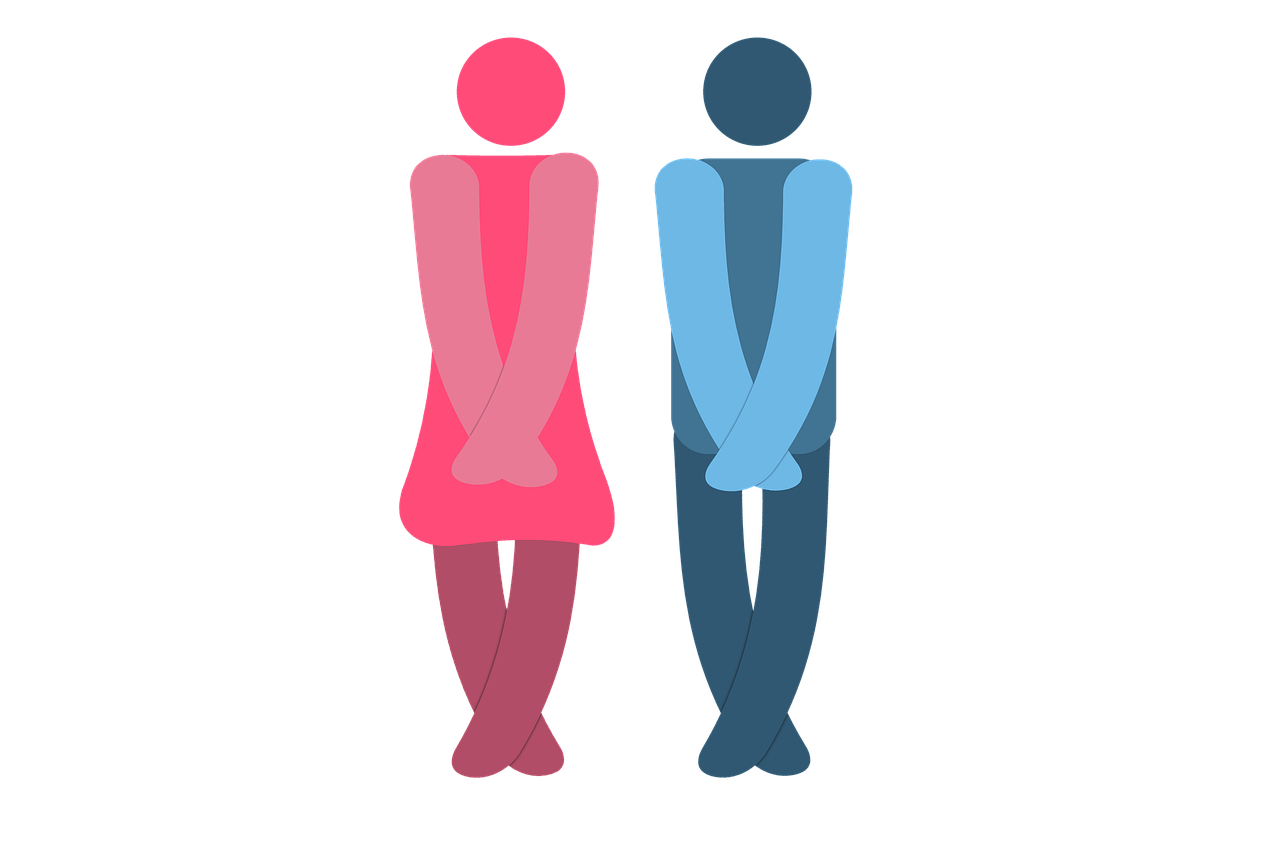I slept through the night last night. Recently, I’ve managed to do that on most nights. No 4 a.m. bathroom trips for me!
That’s a big deal. There was a time when I’d get up two or even three times during the night for a bladder run. Sleeping seven or eight hours straight is huge.
I’ve been troubled by bladder frequency and urgency for many years during the four decades I’ve had multiple sclerosis. But in the past few years, things have been improving, and they’re now better than they’ve been in ages. Going out for dinner isn’t as much of a worry as it used to be. An eight-hour trip in the car is possible with only one or two stops.
I’ve made a few changes, medically and personally, and I think each has played a part in my improved bladder control.
Bladder medication
After decades of using Ditropan (oxybutynin) for my urinary problems, with limited success, I switched to Myrbetriq (mirabegron) a little over two years ago. In people with MS, the detrusor muscle, which surrounds the bladder, can spasm and act like the bladder is full when it isn’t. Myrbetriq relaxes that muscle and allows the bladder to fill more completely, lessening the urge to urinate quickly or frequently. It’s expensive, but my neurologist helped me find it at a reasonable price. I think it’s helped.
My treatments with the disease-modifying therapy Lemtrada (alemtubumab) may also have helped, although it’s very hard to be sure.
Food, drink, exercise, and location
I’m also drinking more water and avoiding caffeine.
More water is helpful because urine becomes concentrated if you don’t drink enough. That can irritate the bladder, making it do exactly what you don’t want it to do: spasm. Upping your water intake also helps flush out bacteria, reducing the possibility of urinary tract infections. Staying hydrated seems to have improved my overall energy as well.
I’ve switched to decaffeinated coffee because, despite at least one study claiming that caffeine may be beneficial for people with MS, eliminating it from my diet seems to have helped my bladder problems.
My dinners are healthier. A couple months ago, my wife and I started eating precooked meals from Factor four times a week. I think this has improved our overall health, including my bladder.
Cold weather always brings me bladder problems, and I’m now back in the warm Florida sunshine. Warm weather also encourages me to exercise more. Keeping my pelvic muscles in shape, I think, helps keep my bladder under control.
It’s personal, not scientific
These are just observations, not research, and my experience may not apply to everyone. Like most MS treatments, however, when they work I don’t wonder why — I’m just thankful that they do.
(A version of this post first appeared as my column on the MS News Today website.)
(Image by Gerd Altmann from Pixabay)



